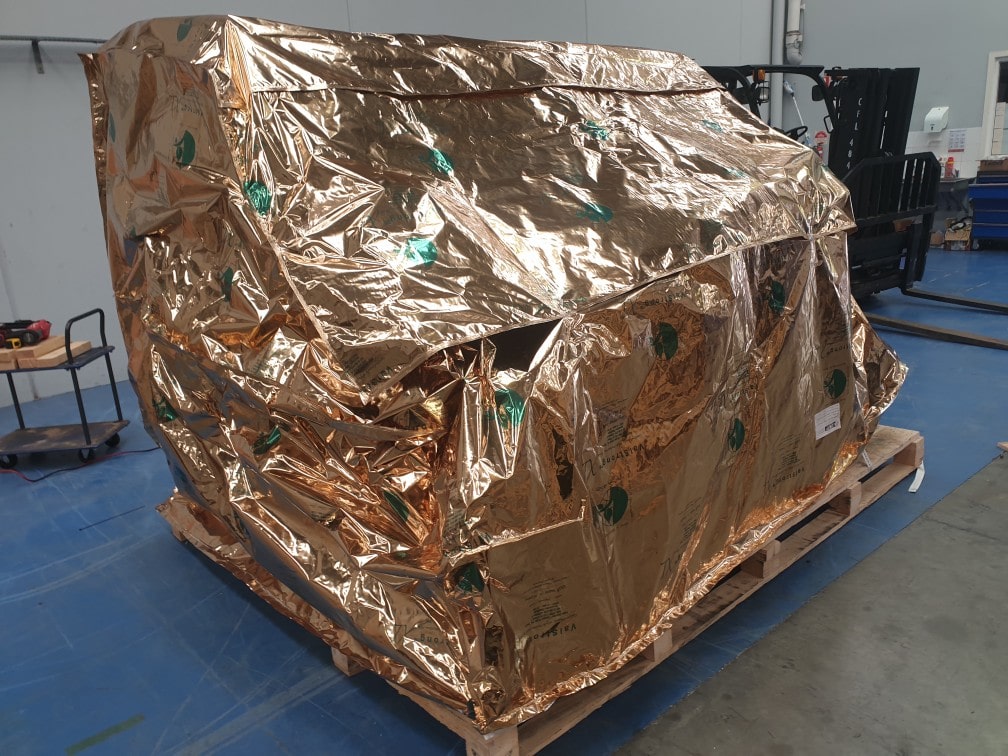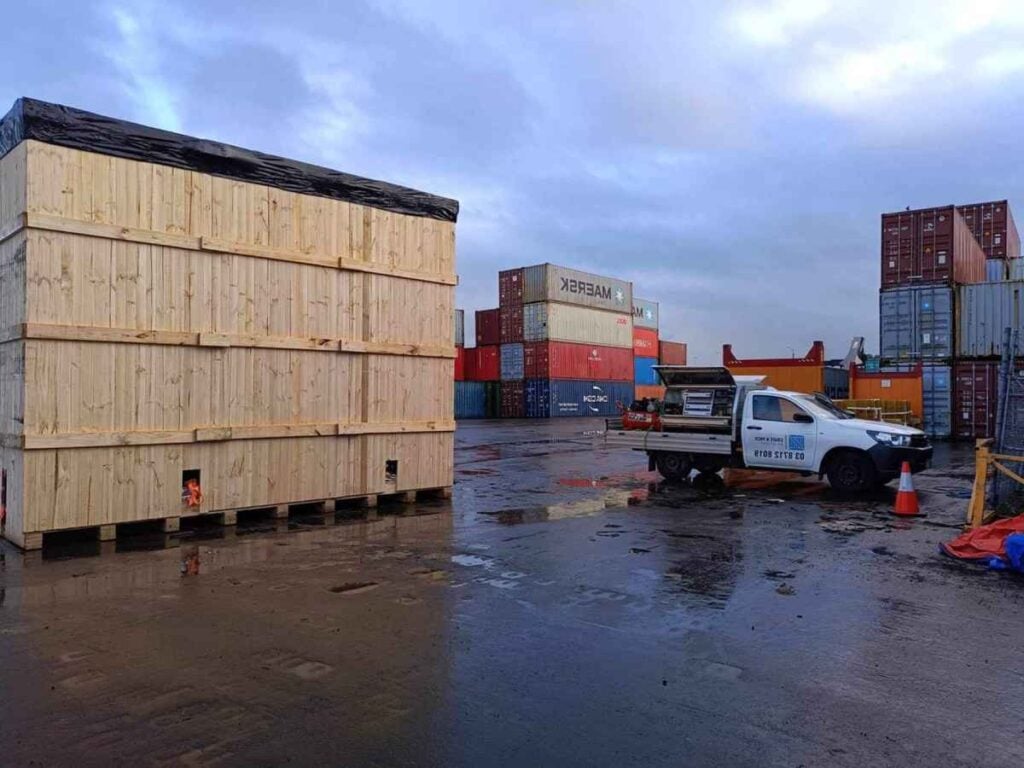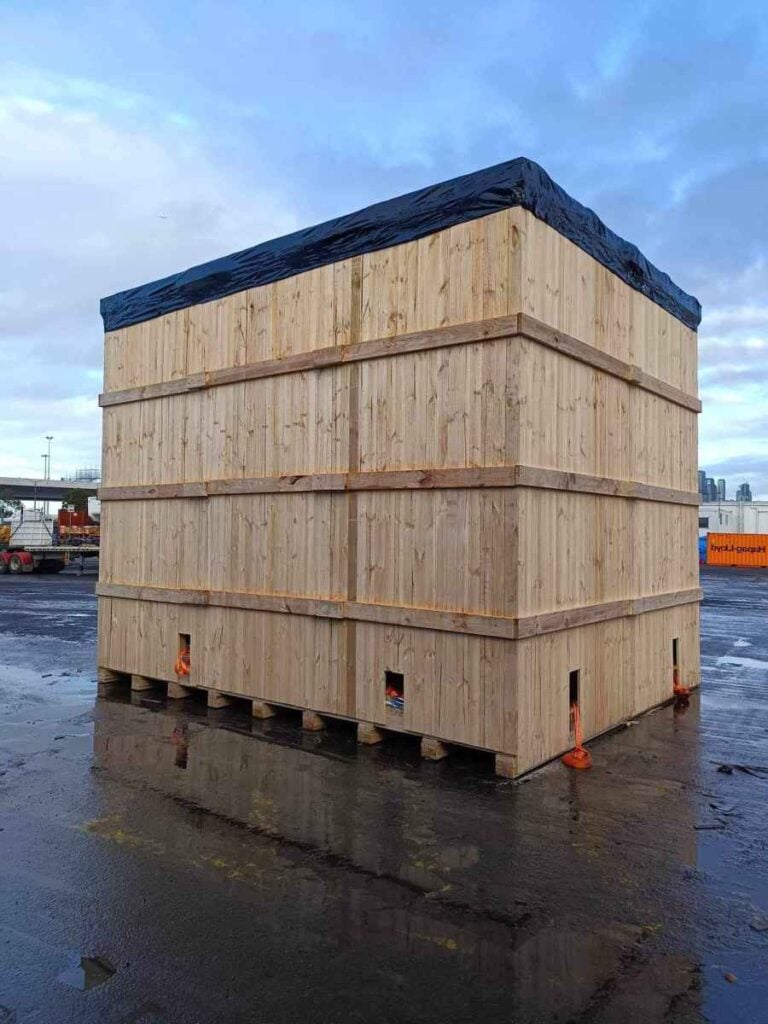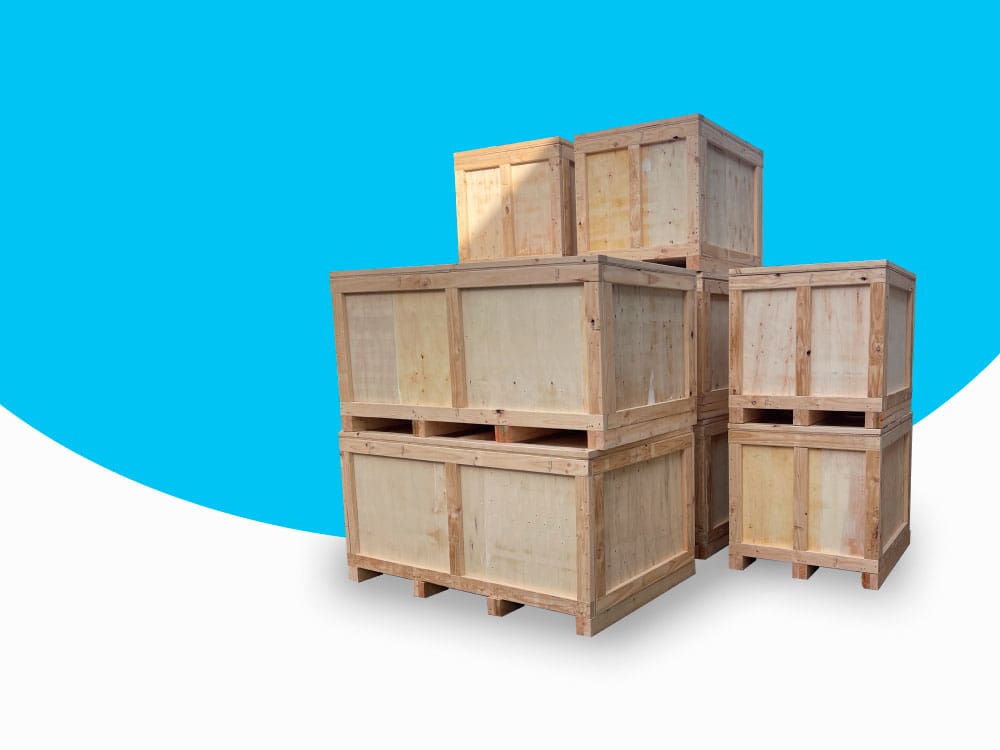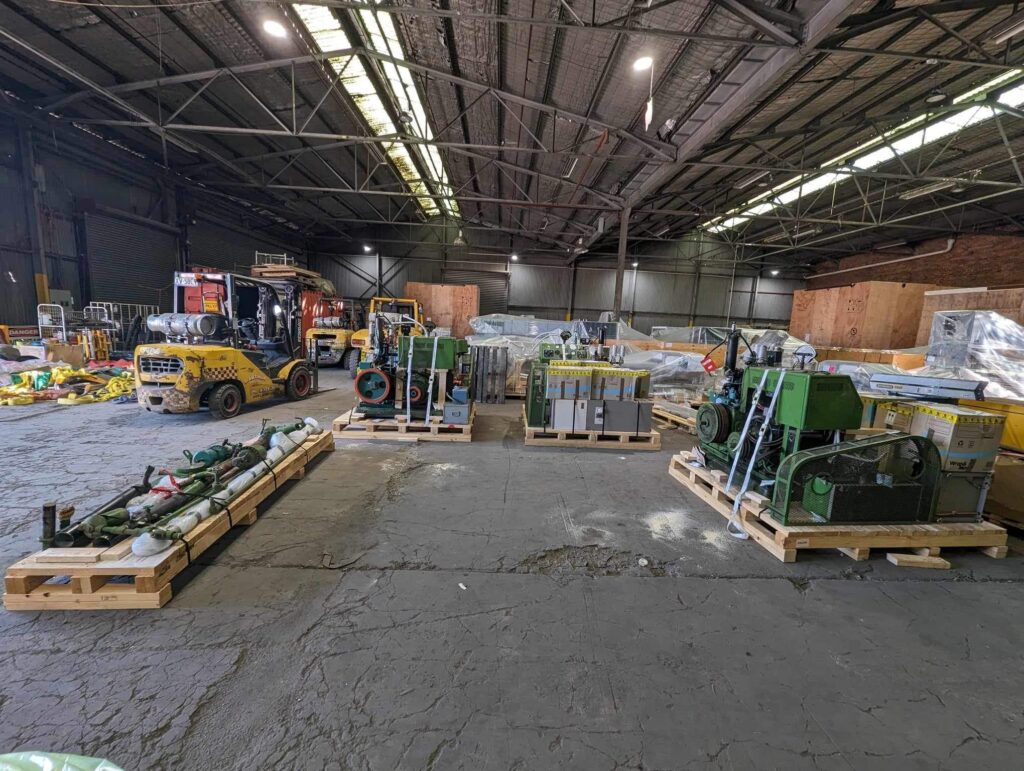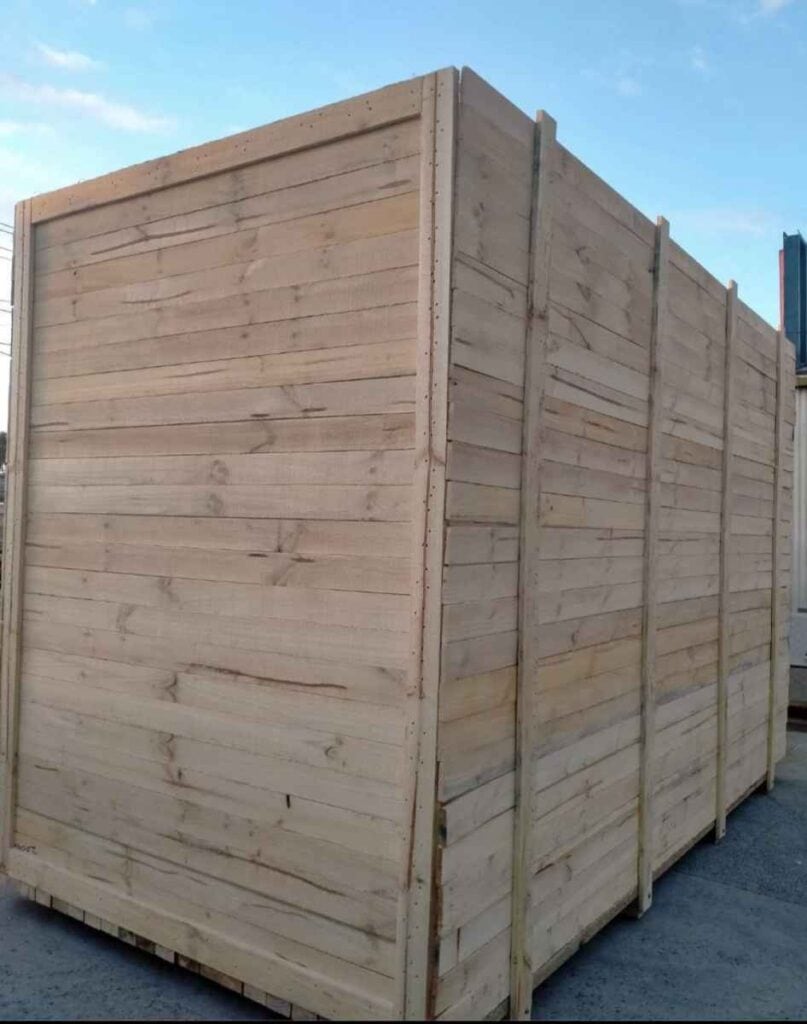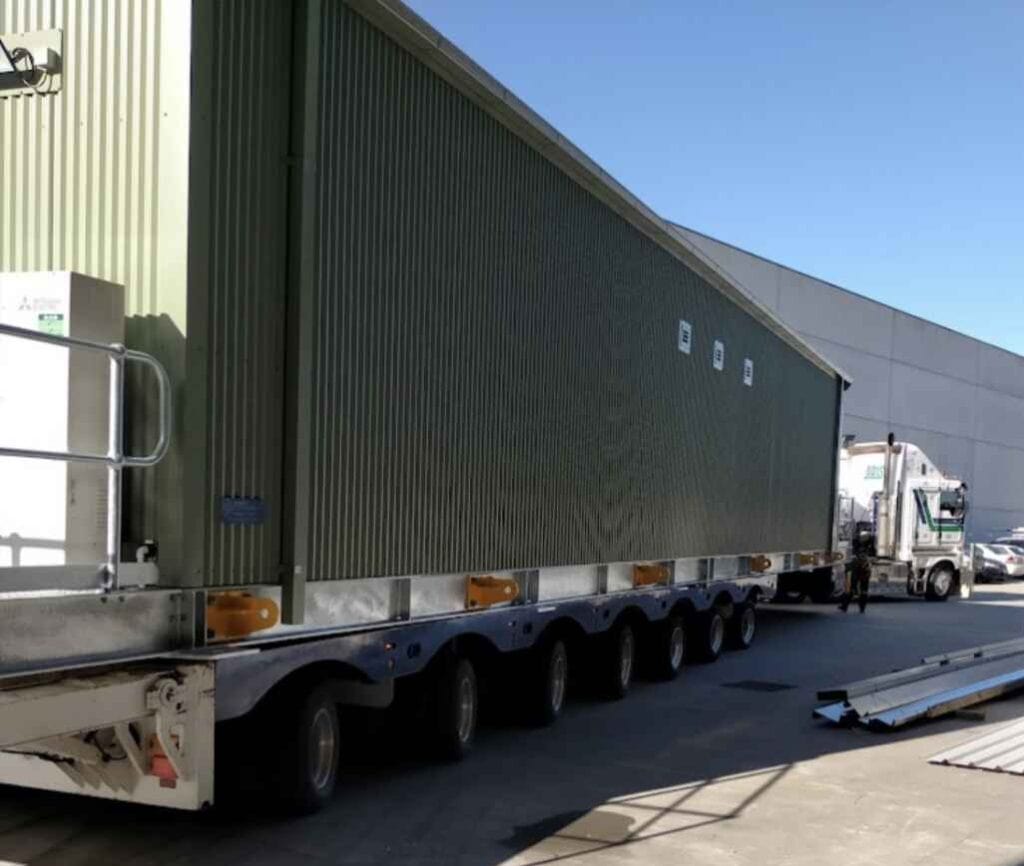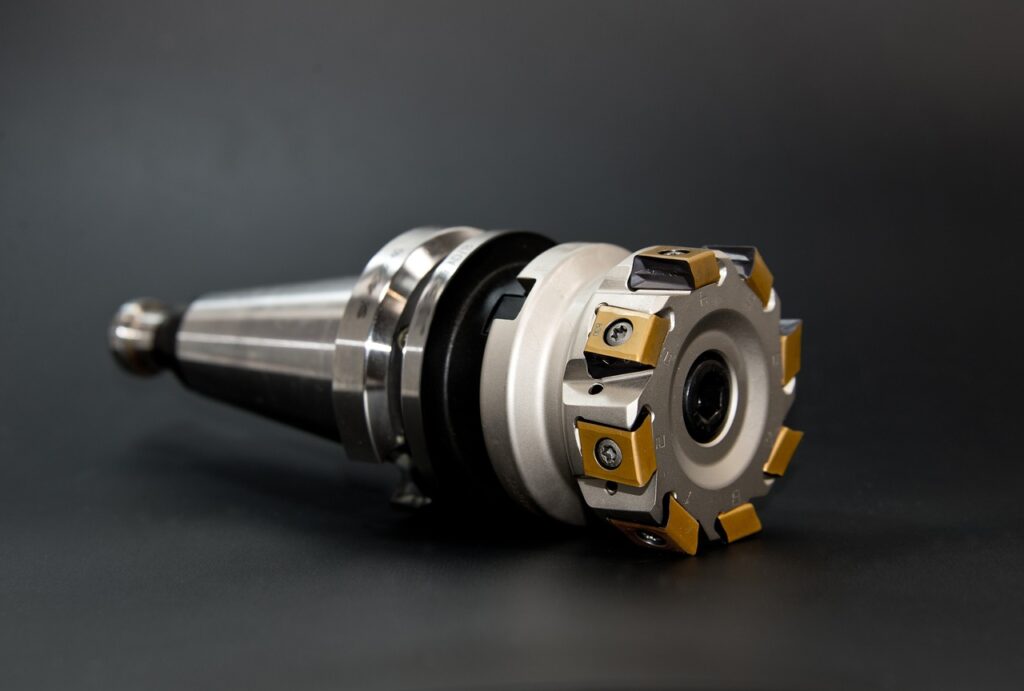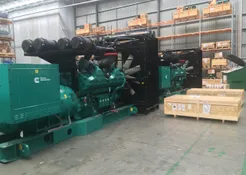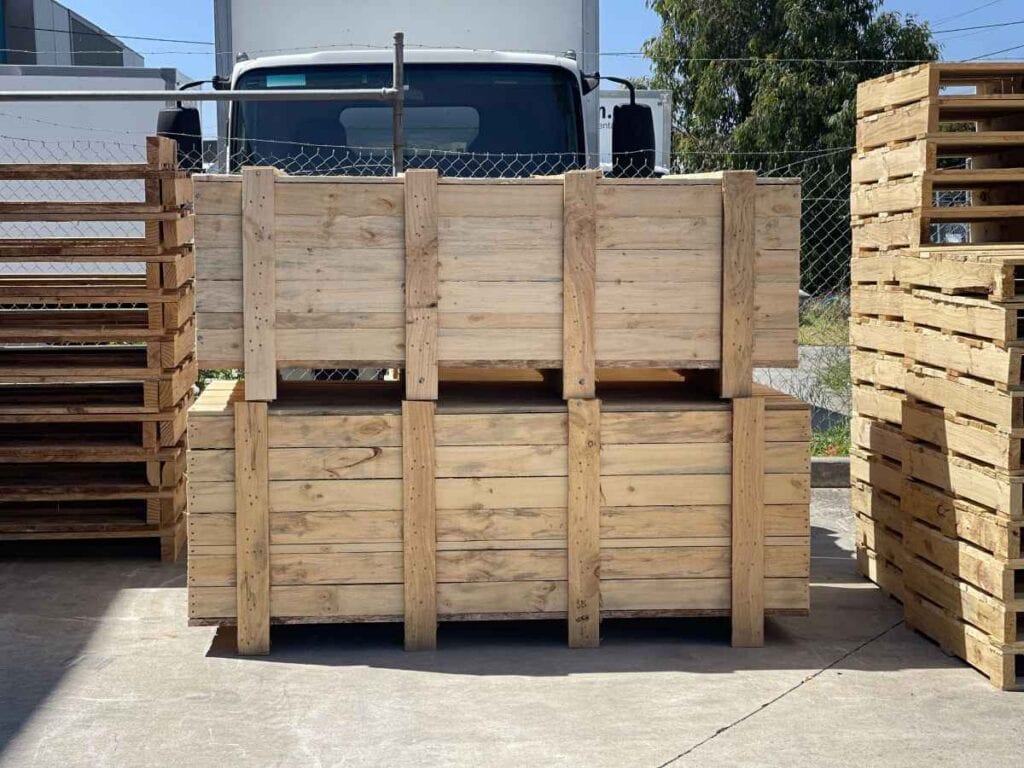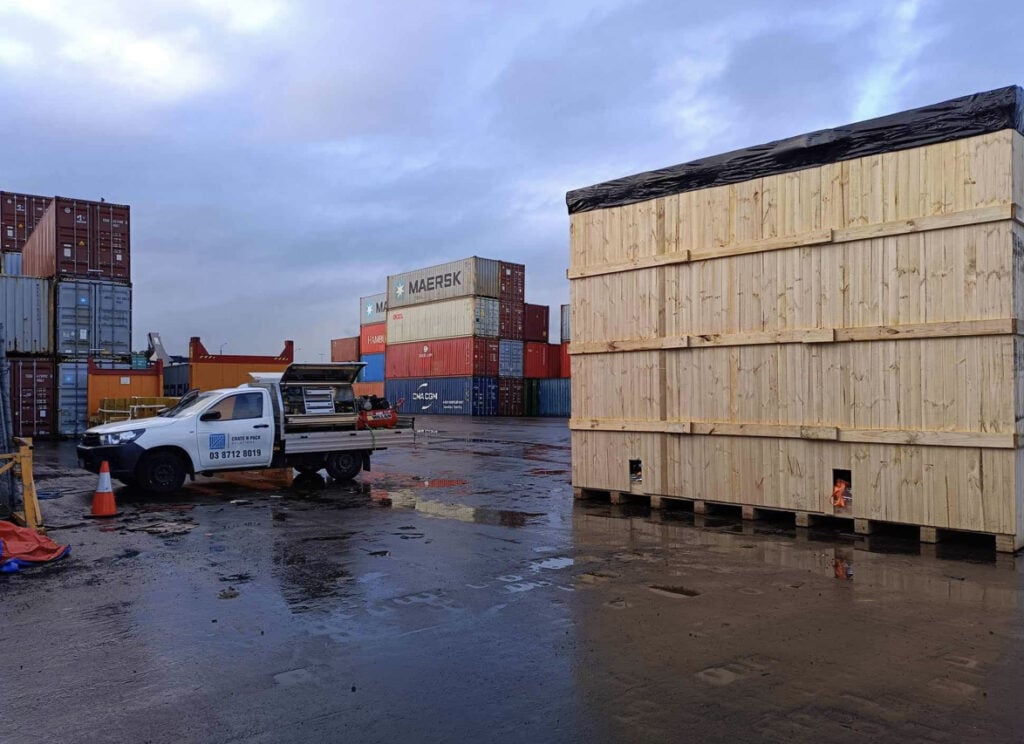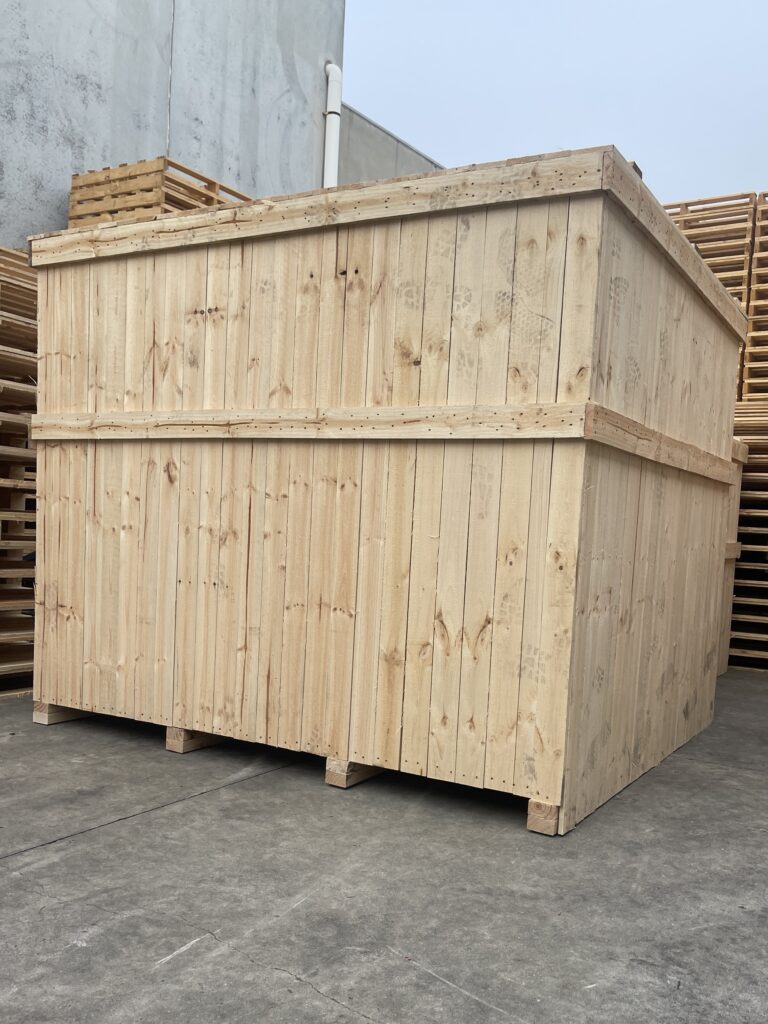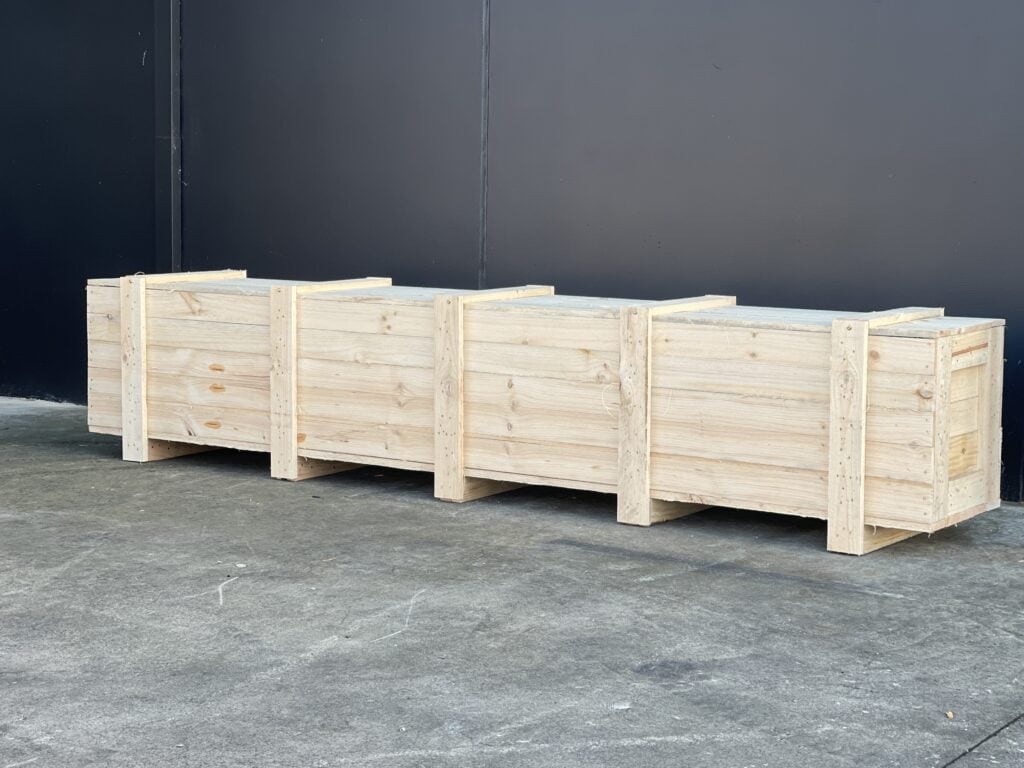The Vital Role of VCI in Safeguarding Machines During Export
Introduction
When it comes to exporting machines, ensuring their safety and protection throughout the journey is of paramount importance. One crucial element that plays a significant role in safeguarding machines during export is VCI, or Volatile Corrosion Inhibitors. In this blog, we will delve into the importance of VCI and how it provides a protective shield to machines, preventing corrosion and preserving their integrity. Let's explore why VCI is a vital component in the export process.
Understanding VCI:
Volatile Corrosion Inhibitors are special compounds designed to protect metals from corrosion. These compounds release vapors that form a protective layer on the metal surface, creating a barrier between the metal and the surrounding environment. VCI technology has proven to be highly effective in preventing corrosion, making it an indispensable tool in the export industry.
Protection Against Harsh Environments:
During the export process, machines often encounter various environmental conditions, including humidity, moisture, and temperature fluctuations. These factors can accelerate corrosion, leading to damage and deterioration of the machines. VCI acts as a shield, neutralizing the corrosive elements and preserving the integrity of the machines, even in harsh environments.
Long-Term Preservation:
Exported machines may sometimes face delays in transit or storage at the destination. This extended period can increase the risk of corrosion. VCI provides long-term preservation by continuously releasing protective vapors, ensuring that the machines remain corrosion-free until they reach their final destination. This feature is particularly crucial for machines with intricate components or sensitive parts.
Cost-Effectiveness:
Using VCI for machine export can result in significant cost savings in the long run. By preventing corrosion, VCI eliminates the need for costly repairs or replacements due to damage caused during transit. Additionally, it reduces the need for extensive maintenance and rework upon arrival, saving both time and money for exporters.
Versatility and Ease of Application:
VCI technology is versatile and can be applied to various types of machinery, regardless of size or complexity. It can be easily integrated into packaging materials, such as VCI films, papers, or emitters, ensuring comprehensive protection for the machines. The application process is simple and does not require any specialized equipment or training.
Environmental Friendliness:
One of the significant advantages of VCI is its environmentally friendly nature. Unlike traditional methods of corrosion prevention, which often involve the use of hazardous chemicals, VCI is non-toxic and safe for both humans and the environment. This makes it a preferred choice for exporters who prioritize sustainability and eco-friendly practices.
Different types of VCI
Volatile Corrosion Inhibitors (VCIs) are essential in protecting metal surfaces from corrosion. They work by releasing chemicals that form a protective layer on the metal, preventing the corrosive agents from reaching the surface. VCIs come in various types, each designed for specific applications and environmental conditions. Let's explore some of the different types of VCIs:
- Vapor Phase Inhibitors (VPIs): VPIs release corrosion-inhibiting molecules into the surrounding air, forming a protective vapor that coats the metal surfaces. This vapor condenses and adheres to the metal, creating a barrier against moisture and corrosive agents. VPIs are commonly used in enclosed spaces or packaging applications.
- Contact Inhibitors: Contact inhibitors are solid or liquid compounds that are applied directly to the metal surface. They form a protective film that adheres to the metal, preventing corrosion. Contact inhibitors are often used in industrial applications where direct contact with the metal is possible, such as in equipment or machinery.
- Emitters: VCIs in emitter form are typically impregnated into materials like papers, films, or capsules. These materials slowly release the corrosion-inhibiting chemicals over time, providing long-term protection for the metal surfaces. Emitters are commonly used in packaging or storage applications, where continuous protection is required.
- Coatings: VCIs can also be formulated into coatings that are applied to the metal surface. These coatings create a physical barrier that protects the metal from corrosive elements. VCI coatings are often used in industries such as automotive, aerospace, and marine, where long-term protection against corrosion is crucial.
- Additives: VCIs can be incorporated as additives in oils, greases, or other lubricants. These additives release the corrosion-inhibiting molecules when the lubricant comes into contact with metal surfaces. They provide protection against corrosion in equipment or machinery where lubricants are used.
Each type of VCI offers unique advantages depending on the specific application and environmental conditions. It is essential to select the appropriate type of VCI based on factors such as the type of metal, exposure to moisture, temperature, and duration of protection required. By choosing the right VCI, you can ensure effective corrosion protection for your metal surfaces, prolonging their lifespan and maintaining their functionality.
Conclusion
In the export industry, protecting machines from corrosion is essential to maintain their functionality and value. VCI technology offers a reliable and cost-effective solution to this challenge. By forming a protective barrier against corrosive elements, VCI ensures that machines remain in optimal condition throughout the export journey. Exporters can rest assured that their machines will arrive at their destination free from corrosion damage, ready to serve their intended purpose. Embracing VCI as a standard practice in machine export is a wise investment in safeguarding valuable assets and maintaining customer satisfaction.

